Should I leave my porch light on all night? Security experts give 5 reasons you should never leave your light on, and reveal what to do instead
It seems like an obvious way to protect your home, but you shouldn't leave your porch light on all night

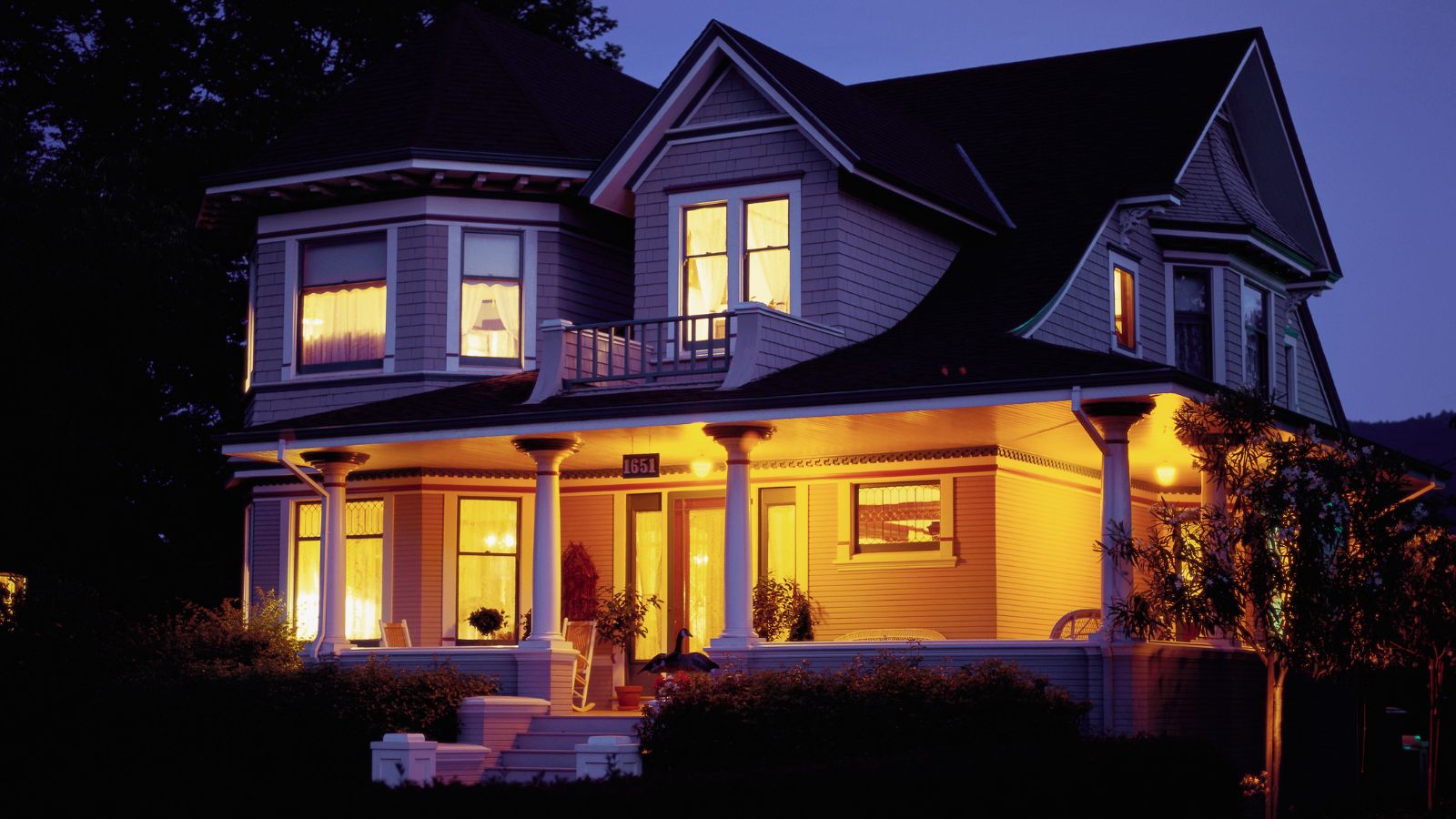
Porch lights are pretty and practical. They make for a cozy welcome home on winter nights and of course allow us to find our way in the dark.
That's why many people assume the safest thing to do is to leave a porch light on all night as a security measure.
However, after speaking to several security experts, it isn't always the smartest move. In fact, it can make your home more likely to be targeted. Those in the know gave me five reasons why leaving your porch lights on all night can be dangerous - and what to do instead.
1. It makes entry easier
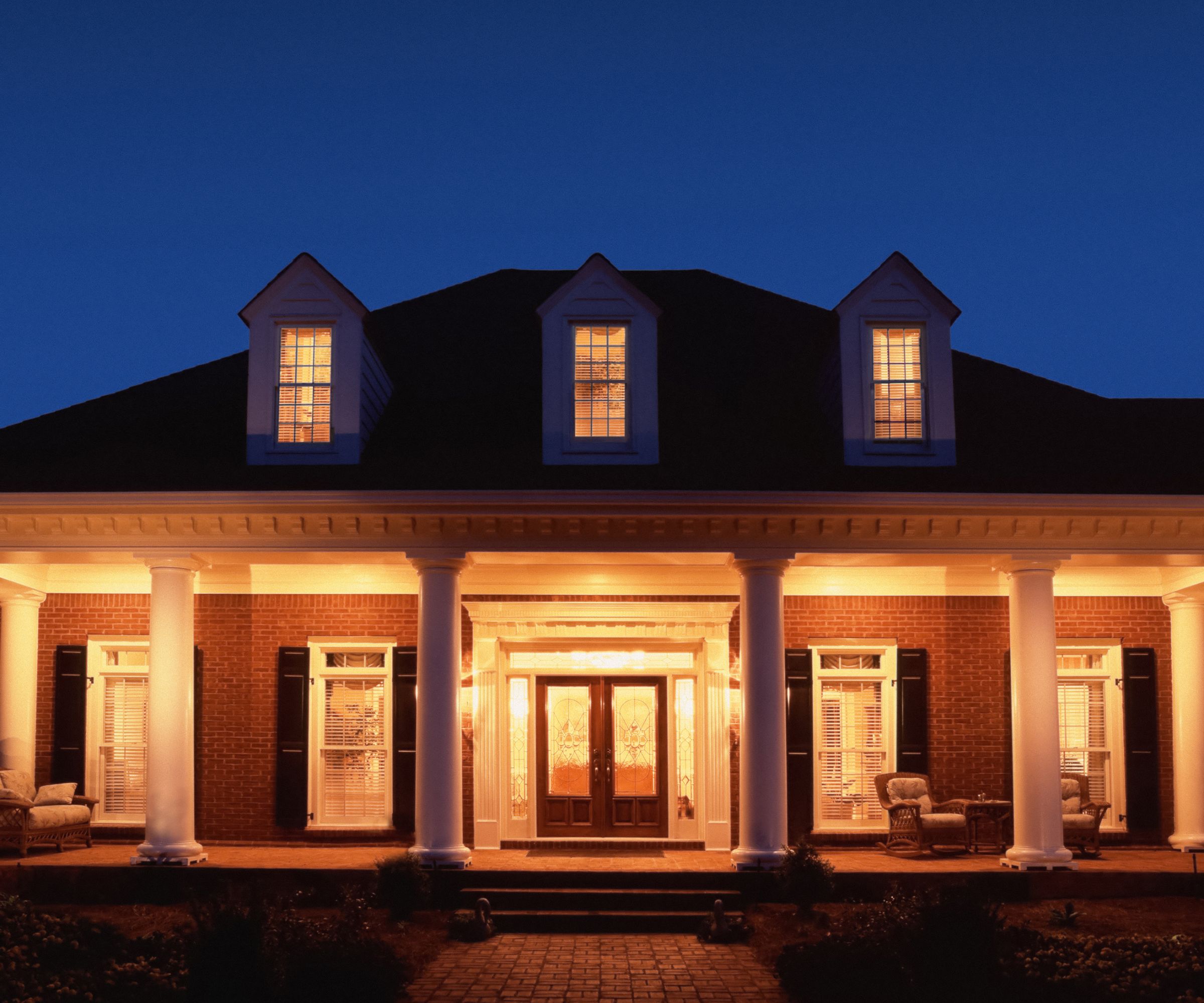
It sounds counterintuitive, but security expert Jeff Ketelaars says 'In some cases, a porch light can make it easier for intruders to see what they're doing'.
While many like to work in the dark, a porch light makes it easier for potential intruders to target your home and break in. If no one is awake to see some attempt to break all, all the light is doing is make it easier for them to see what they're doing as they attempt to break in.
Security expert Jonah Serie says 'While it’s true that a lit porch can make intruders more visible, leaving a light on without any variation may inadvertently help intruders see better while attempting to gain entry.'
Instead of leaving your porch light on all night, you should try using a motion-detection light which only switches on when it detects motion. This way, it makes it seem as though the intruder is being observed.
Design expertise in your inbox – from inspiring decorating ideas and beautiful celebrity homes to practical gardening advice and shopping round-ups.
Jonah says 'If an intruder approaches, motion-activated lights will alert them that their movement has been detected, adding another layer of deterrence.' On top of that, you can use other security measures. He adds that 'Combining lights with security system equipment including cameras or motion sensors is crucial,' because you have multiple fail-safes and levels of protection.

Jeff Ketelaars is a seasoned security expert with over 35 years in the industry. He founded two security agencies, and also established Security Conscious, a firm that offers high-quality training to security professionals. With unwavering dedication to excellence, Jeff is a respected leader in the security field.

Jonah is the Senior Vice President of Field Operations at Brinks Home, a home security company. Before this, he was Vice President of Operations and an Area General Manager at ADT Security Service.
2. It makes it seem like no-one is home
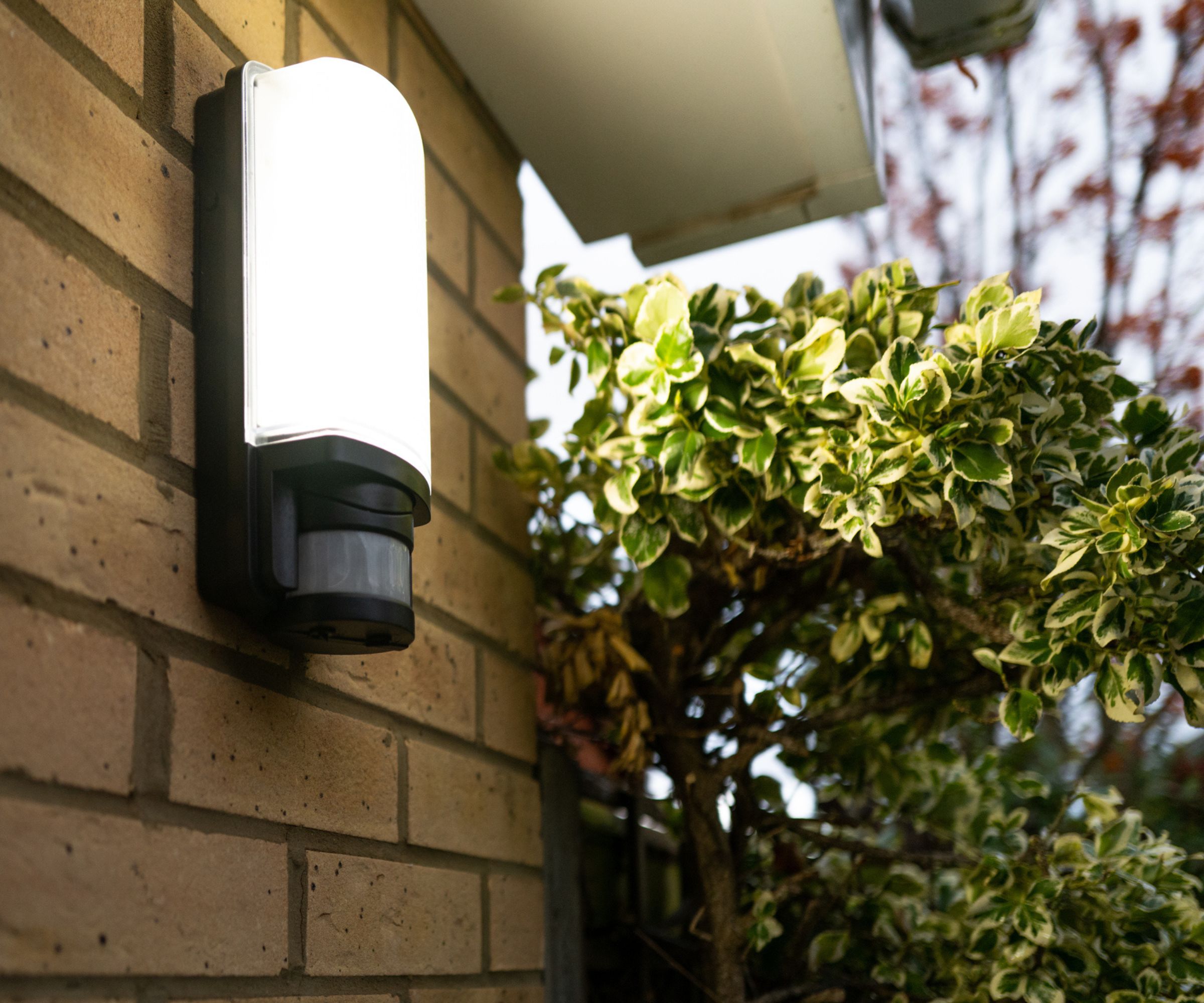
If your porch light is on all the time, intruders may think that no one's home, increasing the likelihood of a break-in.
Jonah Serie says 'If a porch light is on continuously, especially during daytime hours or when it’s obvious there’s no activity inside the home, it can signal to observant intruders that the home may be unoccupied.'
However, Jonah says there's an easy fix. 'We recommend using a mix of timed lights, motion sensors, and smart home automation to create the appearance of normal household routines, which can make your home less of a target.'
Jeff Ketlaars agrees. 'If your porch light is always on, whether you're home or not, sharp intruders might notice the pattern. To avoid that, try using timers or smart lights that let you control them remotely or set them to follow your usual routine. This makes it less obvious when you're away.'
3. It adds to light pollution
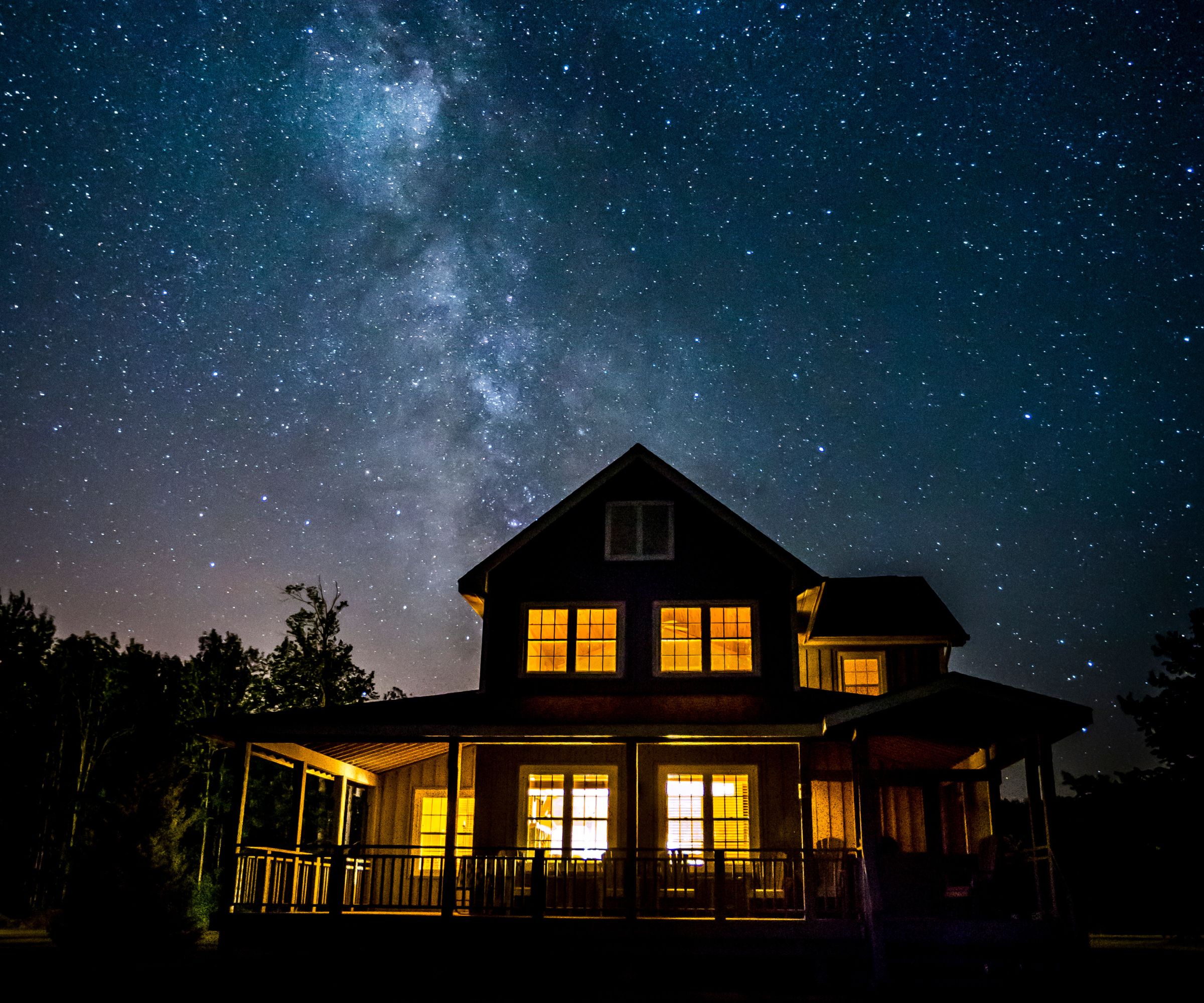
Light pollution is an increasing issue in urban and suburban areas, and keeping porch lights on all night can be a big contributor to the problem.
This has several harmful effects. It can mess with nocturnal animals' sleep cycle, harming them and increasing the likelihood of them becoming nuisances, as the lights attract bugs. It stops you from seeing the stars at night, so you miss out on natural beauty.
Light pollution can also cause health problems in humans. Not only does it increase rates of insomnia, but DarkSKy International has found that light pollution is even associated with depression, diabetes, and heart disease.
However, this problem is easy to solve. Jeff Ketelaars says 'You can cut down on light pollution by using motion-sensor lights or adding a shield to direct the light downward, keeping your home secure without the extra impact.'
4. It increases utility bills
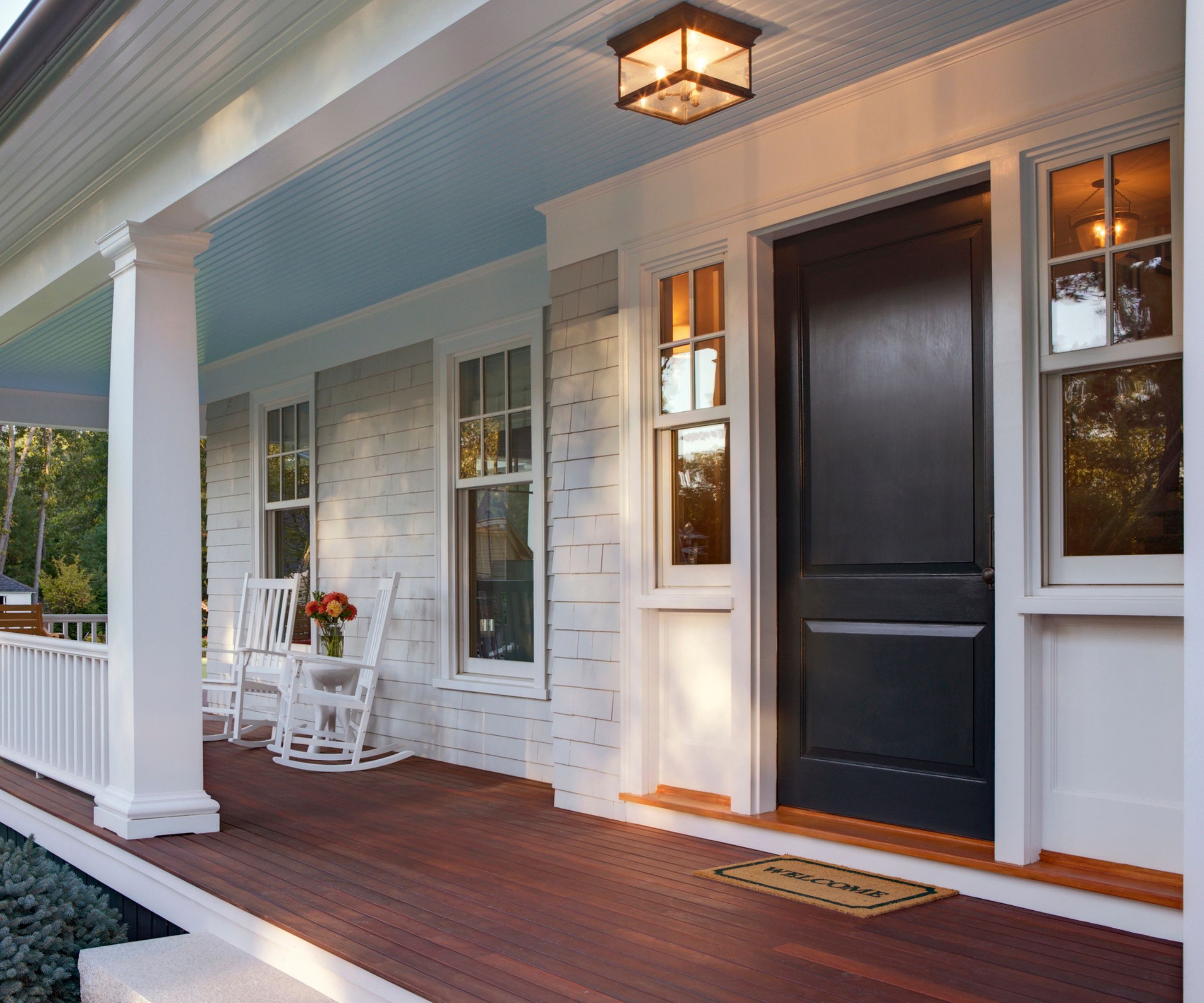
Keeping your porch light on can also add to your bills. It's more of a problem in old homes and older light fixtures but over time it can add up to a lot of money. For example, Washington Outdoor Lights finds that 'A 60-watt incandescent bulb used for 12 hours per night can cost around $2.16 per month.' Over a few years that will add up to more than $100.
However, you can reduce the cost of lighting a porch with modern bulbs and fixtures. Jeff Ketelars says that 'Energy-efficient LEDs can help keep costs down and using motion-activated lights is even better since they only turn on when needed.'
5. It's bad for the environment
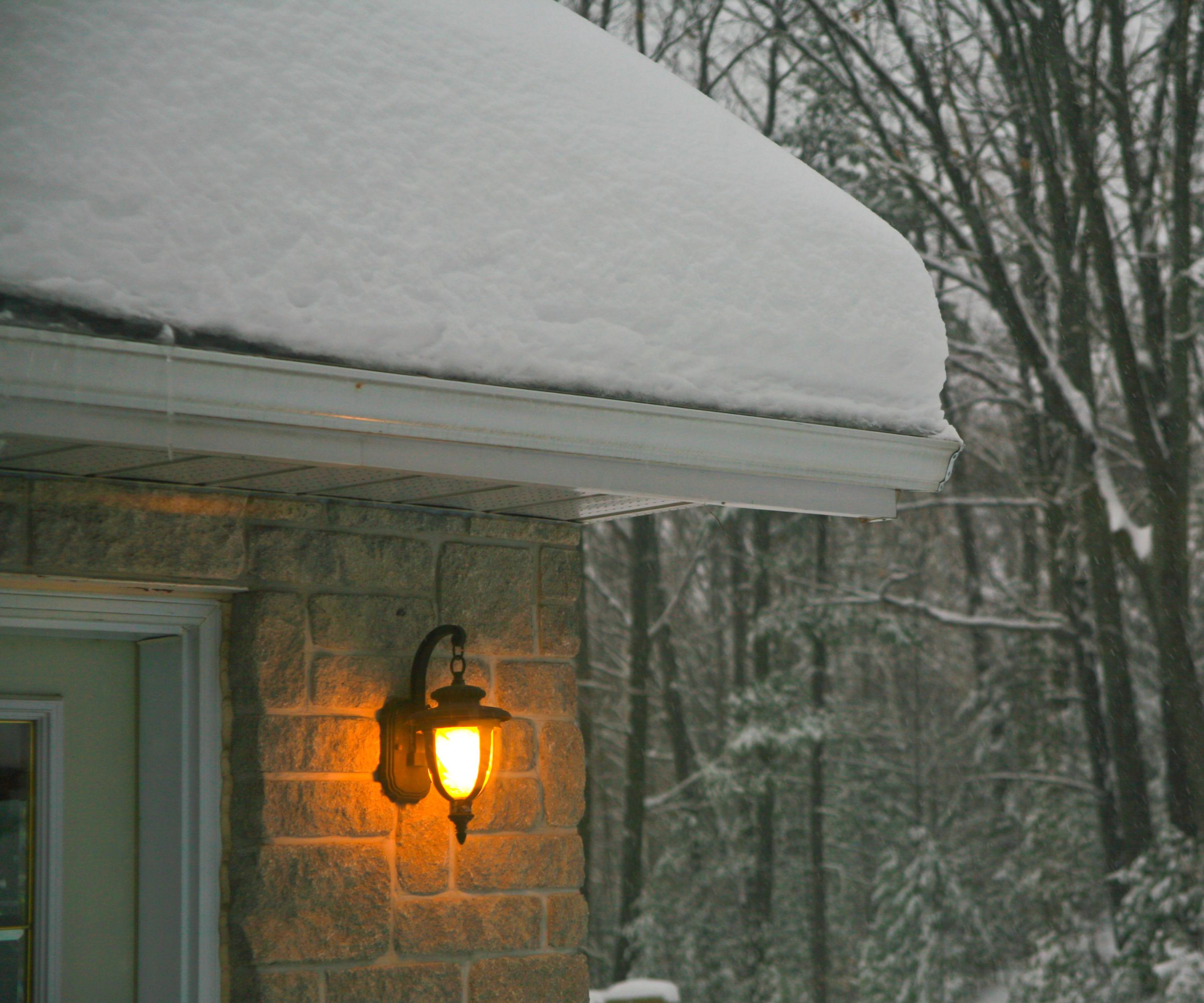
Finally, leaving lights running can be bad for the environment. Leaving light bulbs burning all day uses a lot of energy, and if your energy comes from non-renewable sources it's contributing to climate change.
Jeff says that 'Keeping lights on unnecessarily uses more energy, which can contribute to carbon emissions if your power comes from non-renewable sources. Opting for energy-efficient bulbs and motion sensors can help reduce both your bills and your environmental footprint.'
FAQs
Do porch lights scare off animals?
Porch lights can scare off some animals, but not consistently. Motion-detection lights often scare off animals initially, but animals like raccoons can quickly become acclimatized to the lights switching on, so after a few days the lights won't scare them away.
Lighting isn't the only way to make your home more secure. In fact, you use plants to your advantage. there are several ways to plant for home security, from using cacti in borders to covering walls and fences with spiky climbers.

As a gardens and lifestyle contributor, Alex makes sure readers find the right information to help them make the best purchase. Alex got his start in reviewing at the iconic Good Housekeeping Institute, testing a wide range of household products and appliances. He then moved to BBC Gardeners’ World Magazine, assessing gardening tools, machinery, and wildlife products.
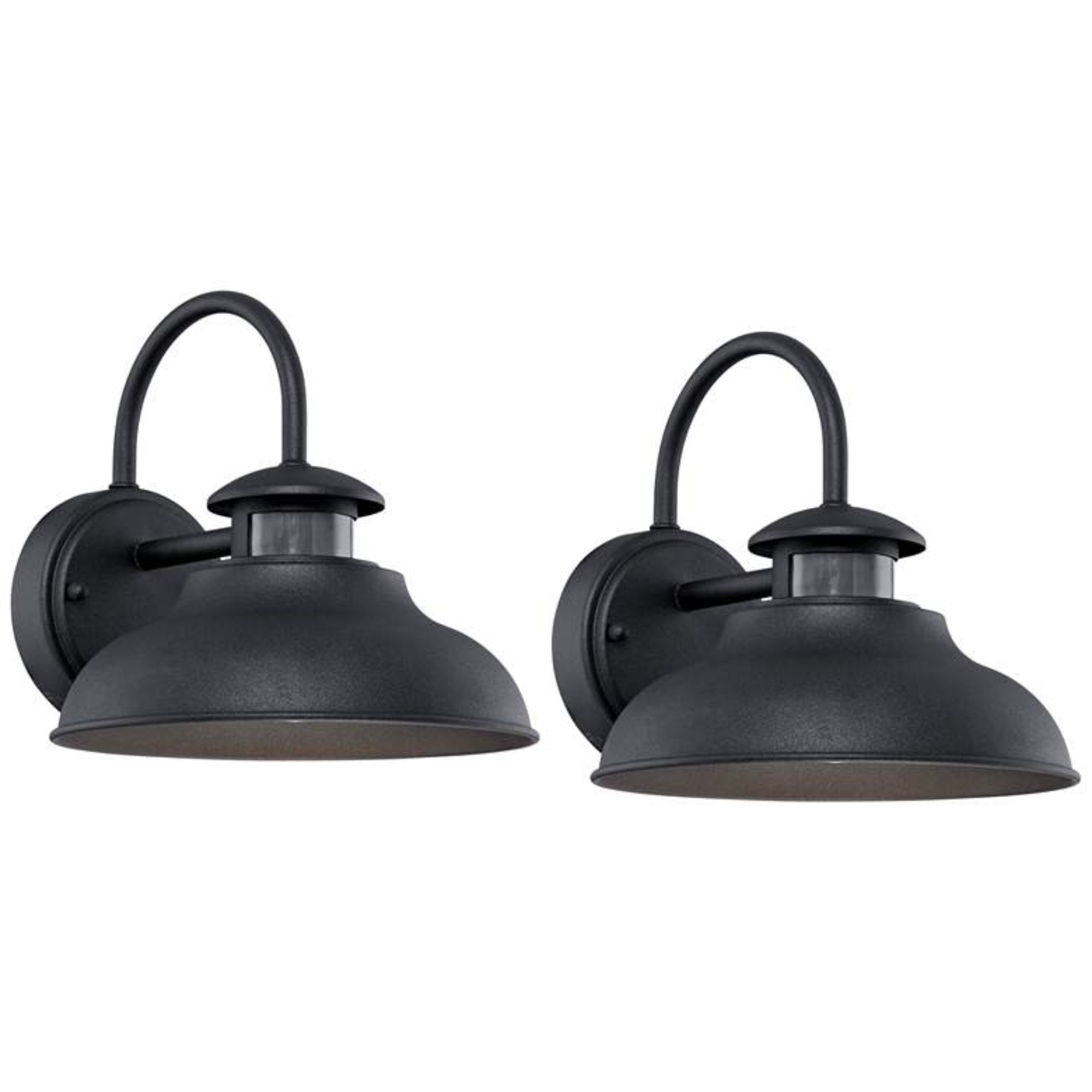
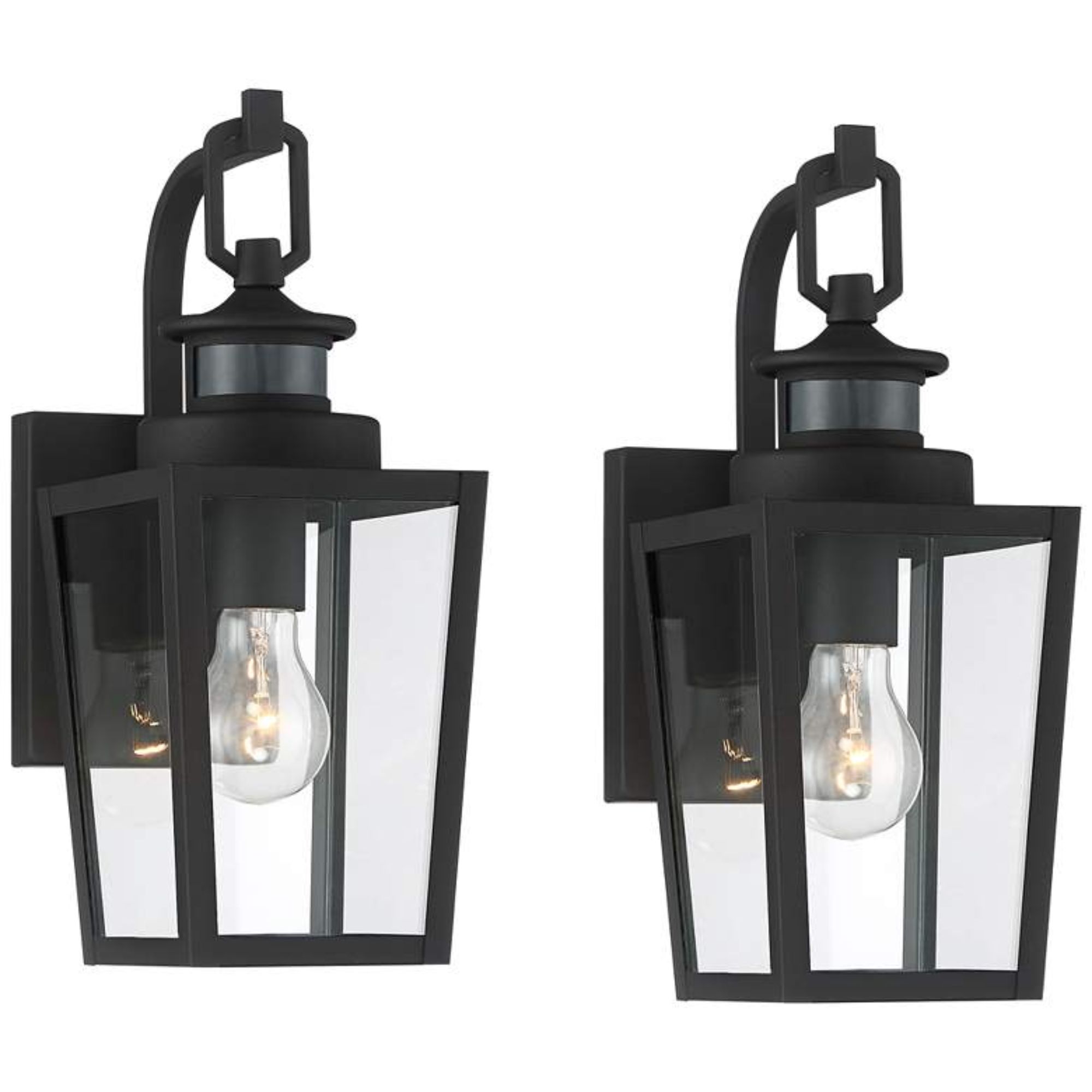
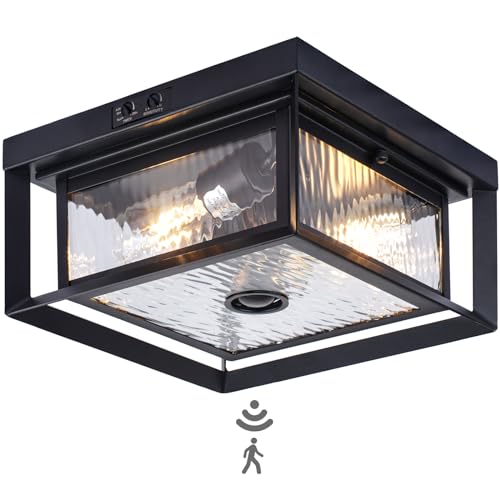
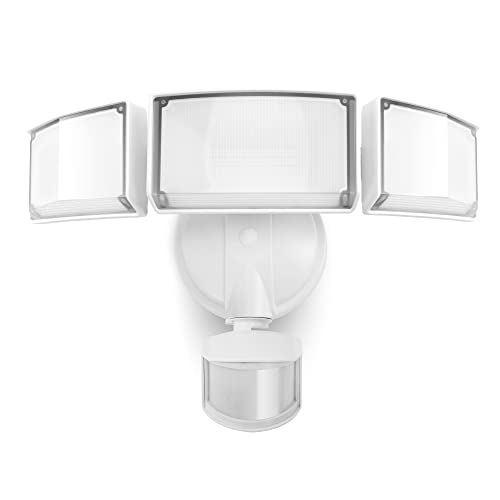
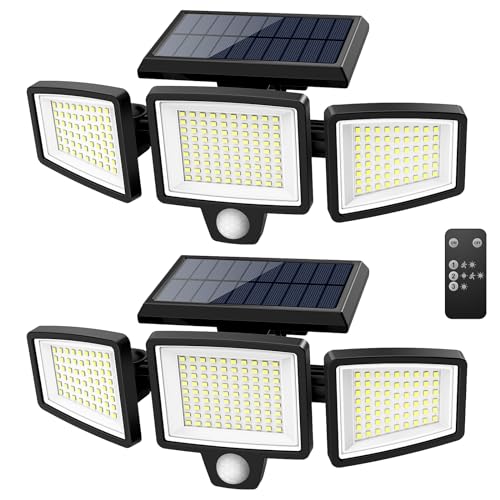
![Claoner Solar Lights Outdoor [𝟔 𝐏𝐚𝐜𝐤/126 Led], Wireless Motion Sensor Lights, Ip65 Waterproof Security Lights 3 Modes, 270° Lighting Angle, Ultra-Bright Wall Lights for Deck Patio Fence Garage](https://cdn.mos.cms.futurecdn.net/siaiE66pgVhbCVQwxkvJcW.jpg)